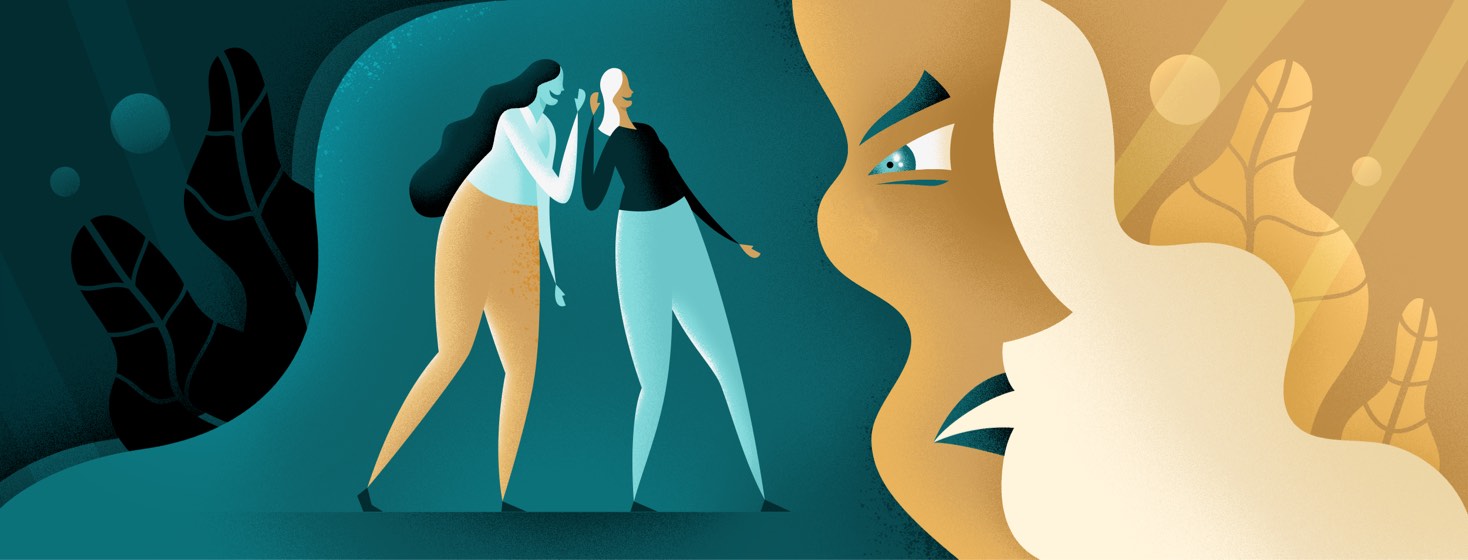Narcolepsy at Work: How Laughter Can Lead to Denial
Laughter can be the best medicine, they say. What people don’t ever mention is that it can also be the worst poison.
Like everything in life, it all depends on the context.
I lived in denial of my diagnosis for years
After my diagnosis, it took me over 2 years to start taking narcolepsy seriously. For those 2 years, I literally continued my life as though nothing had changed (aside from now having to take stimulants, of course).
I did absolutely no research into how to live with the condition. I didn’t try to find out if there were support groups or communities. I’m pretty sure I was deep in denial.
Most people that I have spoken to immediately looked into all of these things as soon as they were diagnosed, so why didn’t I? This is something I’ve wondered about for a very long time now. Maybe if I had done things differently, my life would be different today.
The stigma of narcolepsy and sleep
Recently, however, I think I’ve finally started to understand the main reason why my head was buried in the sand for so long.
The stigma around narcolepsy is something our community is unfortunately well very acquainted with, but beneath that lies the underlying root cause — the stigma surrounding sleep. Society teaches us to see sleep as something negative — as a weakness — instead of seeing it as what it actually is: a basic human necessity. We need sleep as much as we need food, water, and air... so why does it not command the same respect?
My coworkers would laugh at me for falling asleep
Most of my memories involving narcolepsy before I was diagnosed consist mainly of countless embarrassing moments at work. I’m not exaggerating when I tell you that for over 4 years of my life, at least once a day, I would wake up hearing laughter. Every single time, this laughter was directed at me.
It was my colleagues laughing because I fell asleep.
My reaction to this was different every time. There were times when I would wake up knowing I had fallen asleep and ask them what was so funny despite knowing. They would just shake their heads, replying, "Nothing," while trying unsuccessfully to contain their laughter.
Sometimes, I wouldn't even be aware that I had fallen asleep, and it was only when I looked at my watch that I realised some time had passed and I could not remember what I had done during it. On a few occasions, the embarrassment was so much that I simply continued working, ignoring their giggles as though nothing had happened.
I never wanted to be laughed at again
No one ever actually addressed my sleeping problem to my face. No one ever asked questions or even brought it up at all... to me, that is. Behind my back, it was another story entirely.
I think that all those years of feeling like the biggest laughingstock played a big part in forming a negative association with sleep. When I was diagnosed, instead of informing people so that they might finally understand, I told no one but my family and my boyfriend at the time. I think I just wanted to put it all behind me and prove to everyone that I could be 'normal.' I never wanted to be laughed at again.
Having community support is important
Of course, I didn't understand at the time that despite being medicated, I was far from being cured, and most likely never would be. It took me a very long time to come to terms with my condition enough to allow it to be known. It has taken even longer to be strong enough to not let any laughter affect me.
There's a lot we have to endure because of the stigma around sleep, and it can affect our mental health more than anything else. Something as innocent as laughter has the potential to destroy even the most confident person. It's important to have community support so that you don't have to go through it alone like I did.
Have you faced stigma related to your narcolepsy or its symptoms at work? How have you dealt with workplace stigma? Share with us in the comments below.

Join the conversation